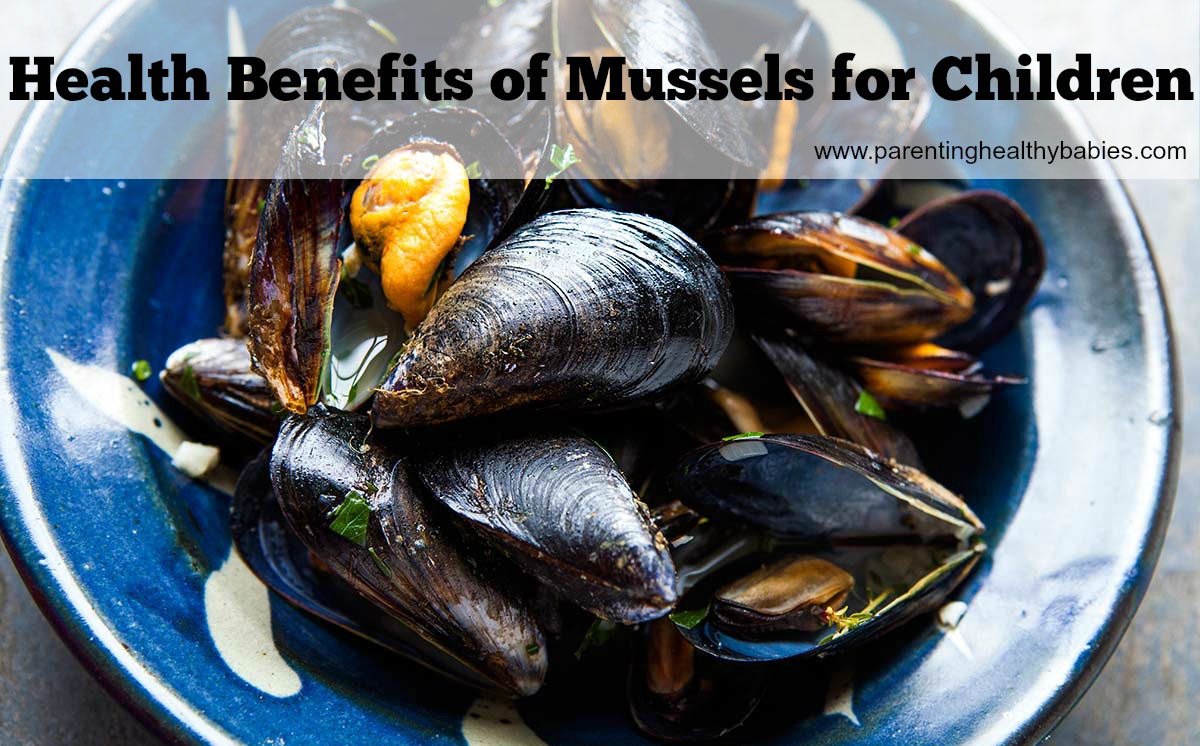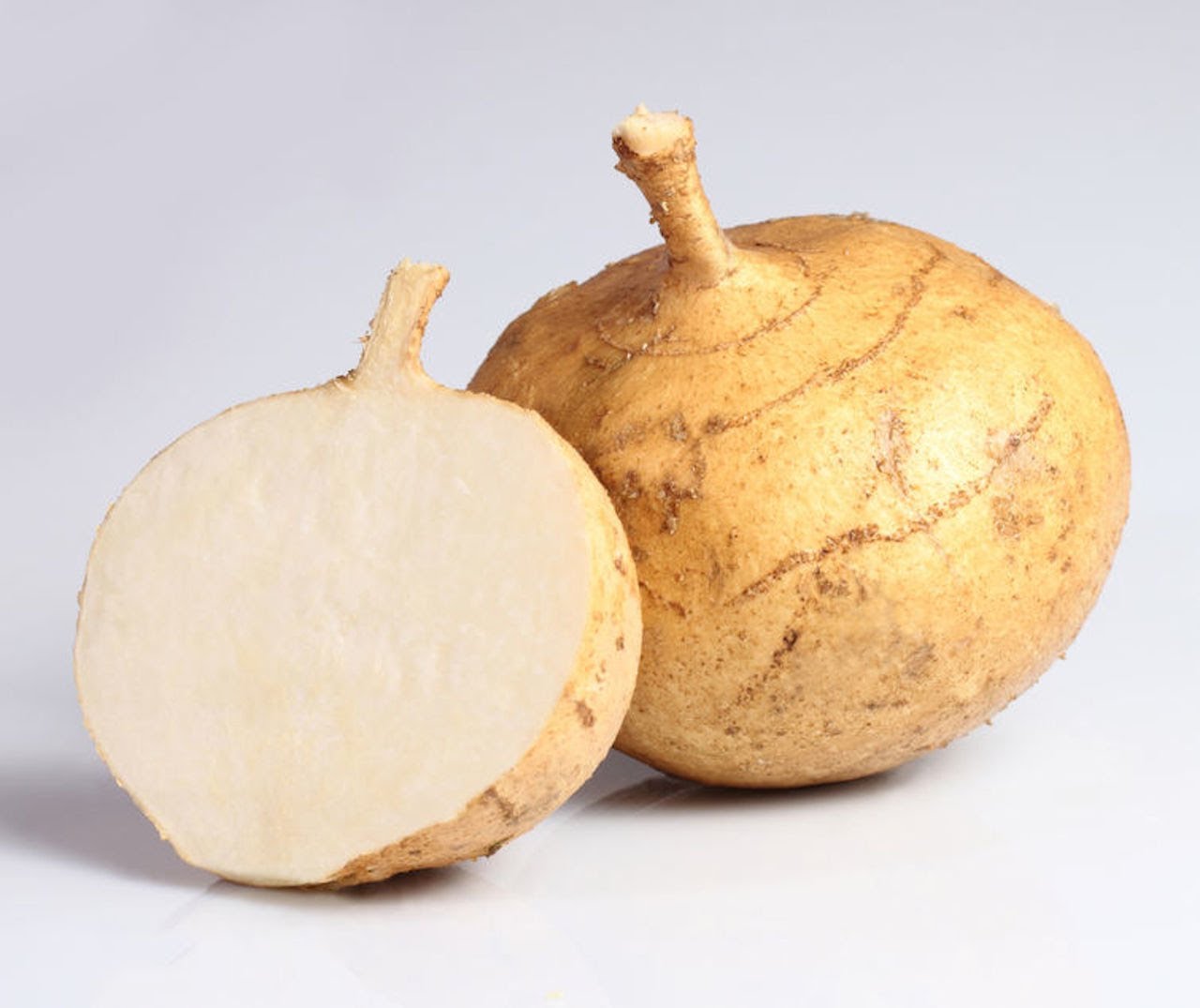Peanuts or groundnuts are known as poor people’s almond because it is affordable as well as nutritious. But not all can have consumed it easily, it can cause allergy or risk of allergy in some people. In children, peanut allergy is usually acquired from their mothers who consumed peanuts during their pregnancy. Though research is still going on to find out this connection.
Is it safe to eat peanuts and peanut butter while pregnant?
Women who are non-allergic to peanuts can consume peanuts and peanut butter easily. Peanuts are highly nutritive and are a rich source of polyunsaturated fatty acids, antioxidants, proteins, calories, and folate. It serves as a healthy pregnancy diet. Thus, peanuts and peanut butter are considered safe to be consumed in moderate quantities for a healthy pregnancy.
Those who are allergic to peanuts should stay away from it as peanuts can cause serious reactions like anaphylaxis. And in pregnancy, this can risk the baby’s development. The cause of the allergy is unknown. But it is necessary to know during pregnancy whether the mother is allergic or non-allergic to peanuts.
11 Benefits of eating peanuts and peanut butter
Following are some of the nutritive values of peanuts which might help in pregnancy :
Iron
All nuts, especially peanuts are a rich source of iron. Iron is important to prevent anemia in pregnant women. Therefore, peanuts or peanut butter are helpful during pregnancy.
Phytosterols
Phytosterols also are known as beta-sitosterol, inhibit tumor development. Peanuts are rich in phytosterols.
Monounsaturated fats
Monounsaturated fats such as oleic acid are found in peanuts. This is protective and prevents heart diseases.
Fiber
The rich fiber content in peanuts helps ease constipation and maintains healthy bowel habits.
Niacin
Vitamin B3 or Niacin in peanuts helps in boosting memory and brain functioning. Moreover, the flavonoid resveratrol in the peanuts improves the flow of blood in the brain.
Tryptophan
Tryptophan is an essential amino-acid required by the human body to produce serotonin, an effective element that regulates mood and fights against depression. Peanuts are a good source of tryptophan.
Calories
In the case of pregnancy, if a mother is underweight, then peanuts can help her gain weight. They have enough calories to help her gain healthy weight.
Manganese
Manganese helps in aiding the fetal bone as well as tissue growth. It also helps in preventing premature labor.
Vitamin E
Vitamin E present in the peanut helps in regulating the blood pressure.
Proteins
Proteins are necessary for the proper growth and development of the baby. Peanuts contain proteins.
Manages gestational diabetes
If consumed in proper quantity, peanuts as well as peanut butter can serve as a part of a balanced gestational diabetes diet.
Nutrition
The nutritive values in 100 grams of peanuts are :
Nutrient Amount
Calories 567kcal
Carbohydrates 16.13g
Protein 25.80g
Fiber 8.5g
Fat 49.24g
Sugars 3.97g
Water 6.50g
Vitamins
Vitamin B9 – 240mcg
Vitamin B6 – 0.348mcg
Vitamin B3 – 12.87mg
Vitamin B2 – 0.3mg
Vitamin B1 – 0.640mg
Vitamin E – 8.33mg
Electrolyte
Sodium – 1mg
Potassium – 332mg
Minerals
Calcium – 62mg
Iron – 2.09mg
Magnesium – 184mg
Phosphorus – 336mg
Zinc – 3.34mg
Lipids
Saturated fatty acids – 7.32g
Monounsaturated fatty acids – 21.41g
Polyunsaturated fatty acids – 16.5g
Though, groundnuts contain so many nutrients but it can be harmful to health if consumed in excess.
Side-effects
Following adverse effects can be observed if peanuts are taken in excess:
- Food poisoning: consuming old or stale or long-stored peanuts can cause food poisoning because they are vulnerable to fungal contamination.
- Liver Cancer: peanuts are prone to be contaminated with salmonella. Therefore, excess consumption of peanuts can increase the chances of liver cancer as salmonella can produce Aflatoxin which is a carcinogen.
- Hypertension: Excess intake of salted peanuts can lead to hypertension while the non-salted nuts in moderate quantity lower the blood pressure.
- Pesticides: For farming peanuts, the use of pesticides is necessary as peanuts are highly moist which increases the risk of mold growth in them. Thus, excess intake of peanuts can be dizziness, headache, nausea, diarrhea, nervousness, and sweating.
- Saturated Fats: Excess consumption of peanuts causes a high level of saturated fats in the body which can cause heart, indigestion, and blood pressure problems.
- Weight gain: Peanuts are known to help in weight gain but overeating of peanuts can result in unnecessary weight gain.
When to avoid
Peanuts should be avoided in pregnancy if :
- Mother is already overweight
- She has indigestion and symptoms like vomiting or loose stools
- She is at high risk of developing varicose veins
- She has kidney stones
Safe ways to consume
In case, a pregnant woman has no history of peanut allergies, then she can include peanuts in different dishes :
- Dry or oil roasted peanuts serve as an amazing snack. Moreover, roasting peanuts enhance their antioxidant content.
- Oil-fried peanuts are allergen-free.
- Salted peanuts should be consumed in limitation, as it can cause water retention in the body.
- Peanuts can be part of various chutneys, or salads provide the food a good flavor.
- Boiled peanuts can beat hunger pangs. Adding little salt can bring good taste.
- Peanuts can be added to oatmeal or cereal.
Conclusion
Peanuts are considered to be a smart food choice for pregnant women. They are rich in nutrients that are essential during pregnancy. It is important to know, whether the woman is allergic to peanuts to ensure a healthy pregnancy with peanut consumption.













